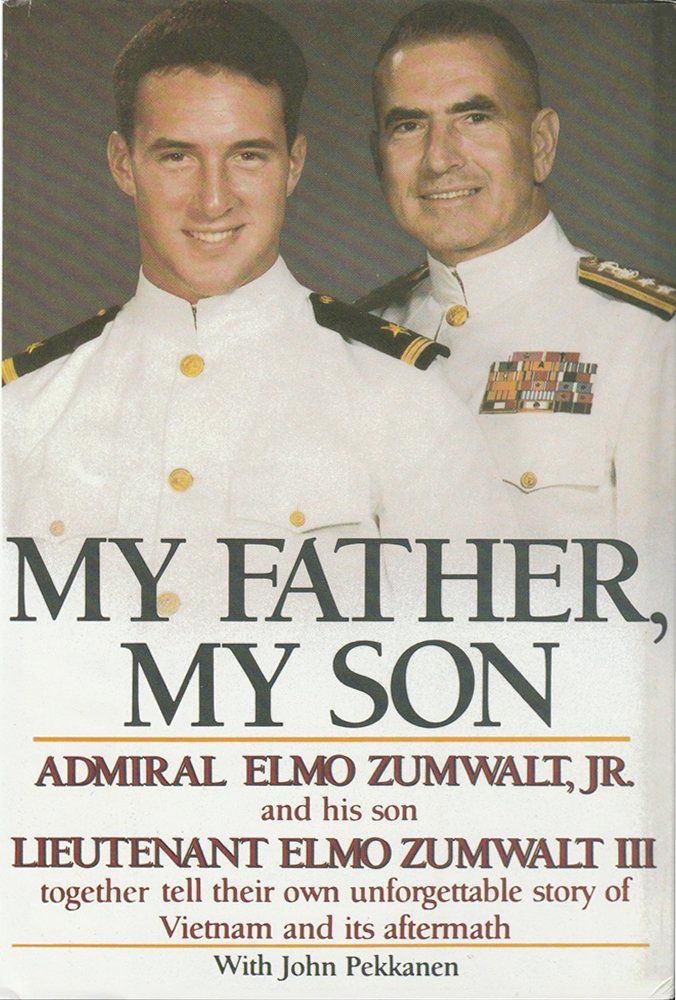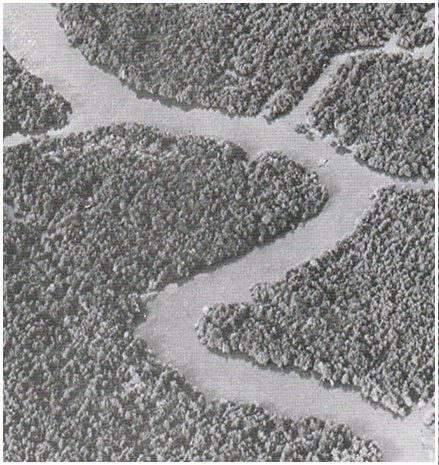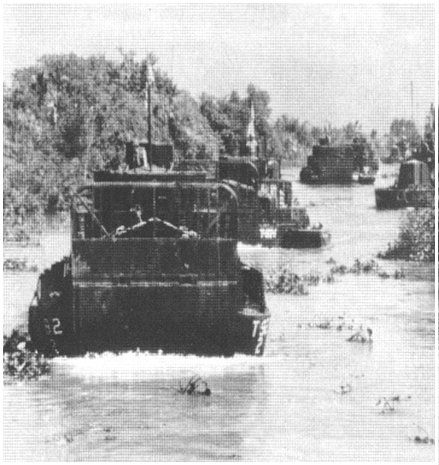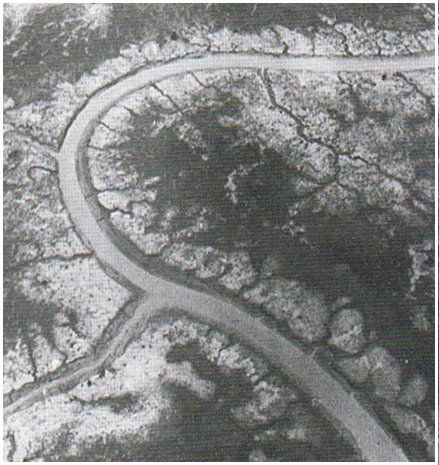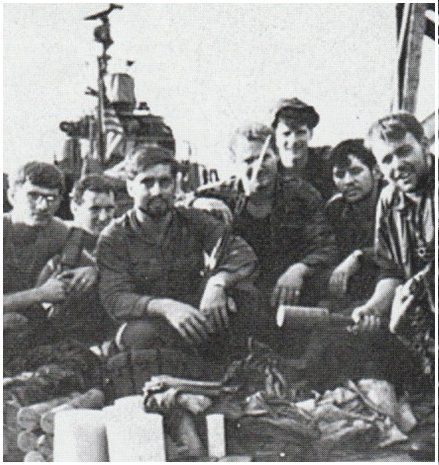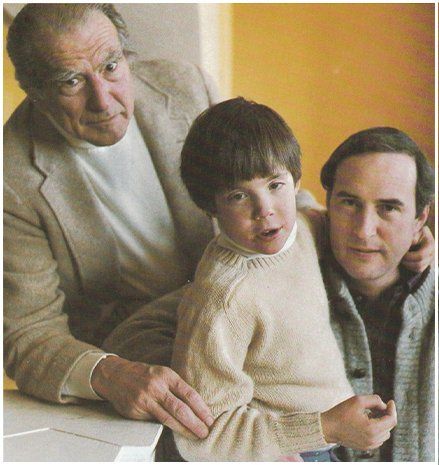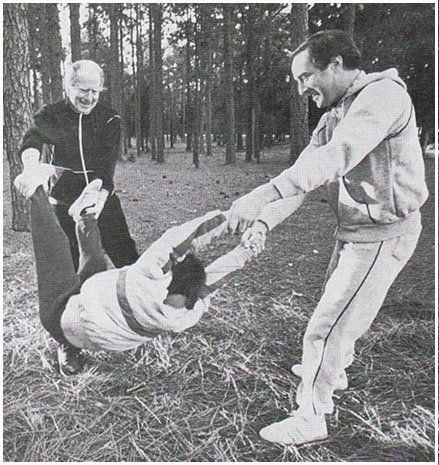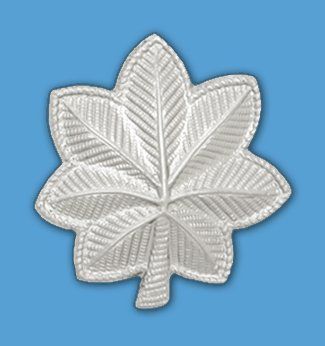BOOKS My Father, My Son
My Father, My Son
is the story of a truly remarkable American family. Admiral Elmo Zumwalt, Jr. was a golden boy who definitely had the "right stuff."
Other Books on the Zumwalt Family:
An Annapolis graduate, the Admiral was Asst. to White-House insider Paul Nitze and served as commander of "in-country" naval forces in Vietnam in the late 'Sixties. Then, after a mysterious
call to Washington, he was appointed as Chief of Naval Operations after being jumped over 30-some senior officers. He was the youngest man ever to serve in that position. It caused quite a stir.
Duty; Honor; Intelligence; Compassion. They were the Admiral's credo. He was deemed controversial right from the outset but most will agree that he left a keenly positive mark on the Navy. After he retired, Admiral Zumwalt moved on to high-profile success in business based on the same credo that guided him at the helm of Naval ops. He was hailed for his judgment and his vision.
Lt JG Elmo Zumwalt III, the Admiral's older son, graduated from UNC-Chapel Hill in 1968 and became a swift-boat CO on duty in the meandering canals and rivers that spread like a texture of veins across the Vietnam delta. In combination with the slower river-patrol boats, the sailors aboard these craft suffered such a high casualty rate from close ambush that something had to be done.
That "something" was the spraying of Agent Orange to obliterate the thick cover along the banks of these waterways that made every inch of treeline a classic ambush site. The effect was immediate and welcome. The number of KIAs and WIAs plunged and remained low. Untold American lives would be saved. In the context of the time, Agent Orange was viewed as miraculous, a godsend.
By 1983, that "godsend" had turned on the former swift-boat CO. Elmo III came down with a cancer linked to the insidious impact of Agent Orange.
A lawyer in North Carolina, Elmo had married his UNC college sweetheart and they had two children. Their son was born with severe learning disabilities that had also been linked to Agent Orange. And now for the rest of the story, not believable yet incredibly true. It was Admiral Elmo Zumwalt, Jr. who issued the order to use Agent Orange to defoliate the waterways in Vietnam.
My Father, My Son
is the story of how this tragic saga forced the Zumwalt family to find the spiritual strength to carry on, endure, and rise above the agonizing sense of doom that kept closing in day after day after day. The family did grow in strength as their gauntlet of tribulation ran its course and as father and son were bonded at even higher levels. This is, ultimately, a love story.
Elmo III died in 1988. His death was a blow despite how braced they were. But the resonating force of his life carried on as love and hope never left.


